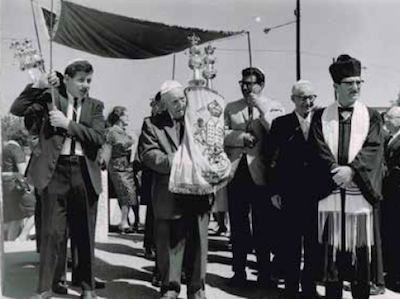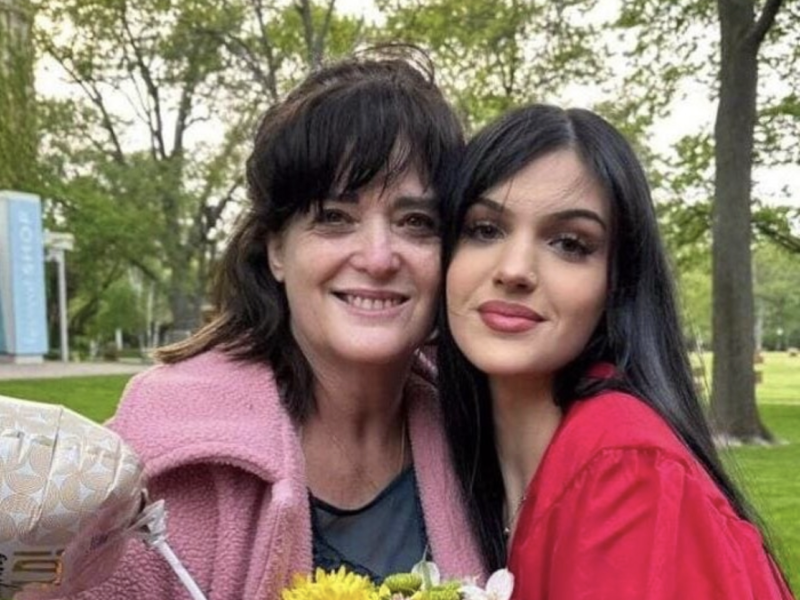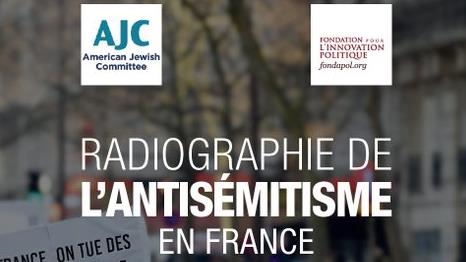
When Havurah Shalom wanted to pursue a tikkun olam project in Nicaragua, many who were unfamiliar with global poverty got involved. So they teamed up with Green Empowerment, a Portlandbased nonprofit that builds renewable energy and water systems throughout the developing world. The congregation raised $40,000 to jump-start a solarpowered water system in the tiny village of El Jocote with a population of 230, including 41 homes, two churches and a three-room school. Here subsistence farmers cultivate corn, beans and millet during the May to December rainy season. The remaining months are completely dry. Women and children spent hours each day hauling water, that most precious commodity, from a well on the village outskirts.
Now, two years later, the completed system brings clean water to each home. All agree that Nicaraguan project director Jaime Munoz was essential from inception to ongoing success. In early June, a group from Havurah Shalom and Congregation P’nai Or brought him toPortland to thank contributors, explain how their donations changed peoples’ lives and discuss rural development. “Community organizing is the most important part of any project,” Munoz said through an interpreter. During informal get-togethers, Shabbat services and talks at KBOO Radio and Portland State University, he emphasized that local involvement is key. By living in the villages, he establishes trusting relationships over time and shows how projects benefit everyone. “It’s not just working with leaders; it’s getting the community behind you. The biggest problem is local politics. And, families need to understand their responsibilities and obligations. It’s not just a gift.”
Havurah member Michael Huemann visited El Jocote during an organizational meeting for the solar-powered water system. “Jaime wouldn’t commit to this project unless the villagers committed to taking it on,” he said. “Representatives from every household came. He told them, ‘You must decide how much you will pay because you need funds to maintain it. I never saw anyone work in such a calm, empowering way. Now a village water committee monitors and maintains the system and keeps track of money. They are leaders in their own village, and will teach other villages to do the same.”
Munoz hopes Portlanders will continue Nicaraguan development work and recommends Green Empowerment Service Learning trips. “There are small projects that people can come down and do and have an immediate and direct impact,” he said.
After the solar water system was in place, a group from Havurah Shalom visited. They stayed in villager’s homes and gained real life experience including eating beans, rice and tortillas three times a day, taking bucket showers and using outhouses. They worked side by side with residents to install household wastewater systems for a family garden, and they built fences for preventing pigs and other animals from destroying it.
“Rural Nicaraguans may lack economic resources, but they are surrounded by natural resources,” Munoz said. “They lack knowledge about how to use what’s there. Now that running water is available in each home, intensive agriculture techniques can provide surplus food and income from a family garden maintained with wastewater.”
Still, of El Jocote’s 41 families, only 12 have gardens. Others cannot afford the $100 for fencing. Small fundraisers are always welcome, Munoz emphasized, and modest contributions make a huge impact on people’s lives.
For more information on opportunities in Nicaragua, visit greenempowerment.org/contact or email aaron@greenempowerment.org.





